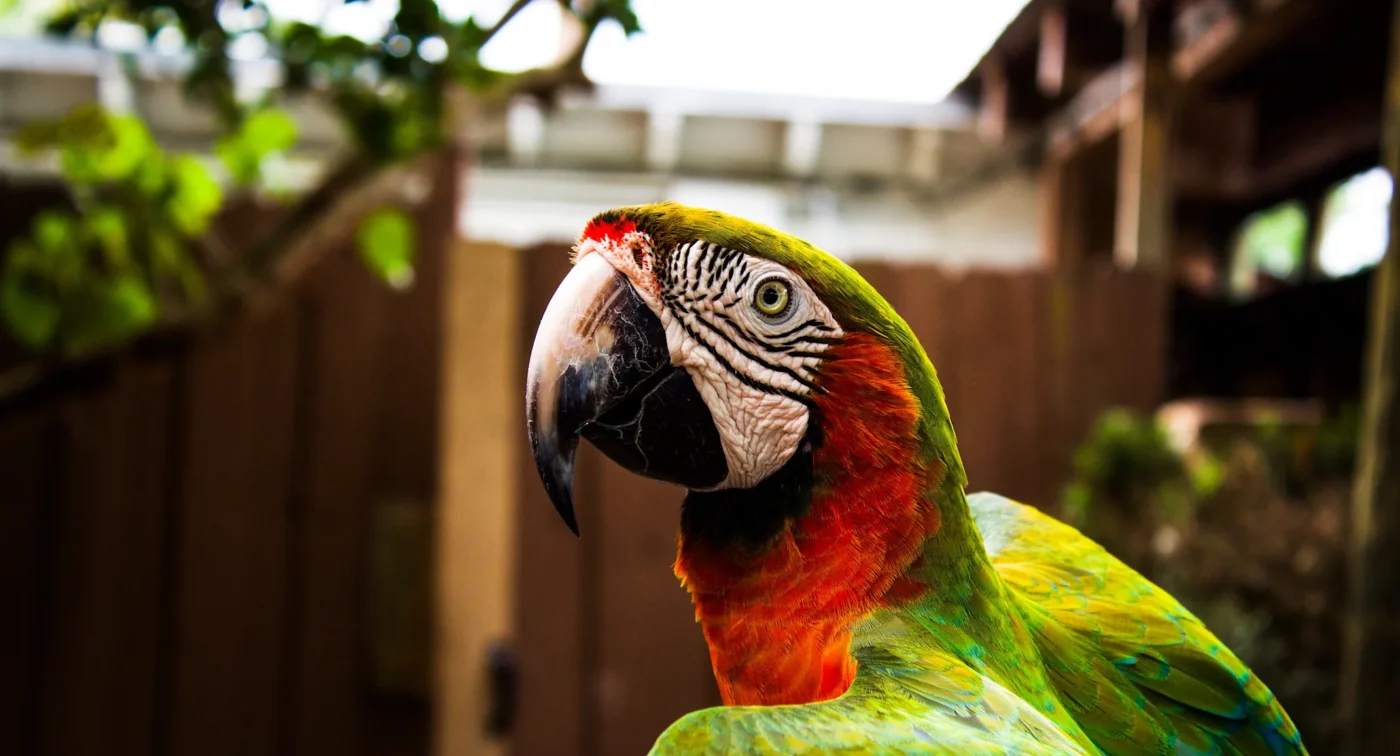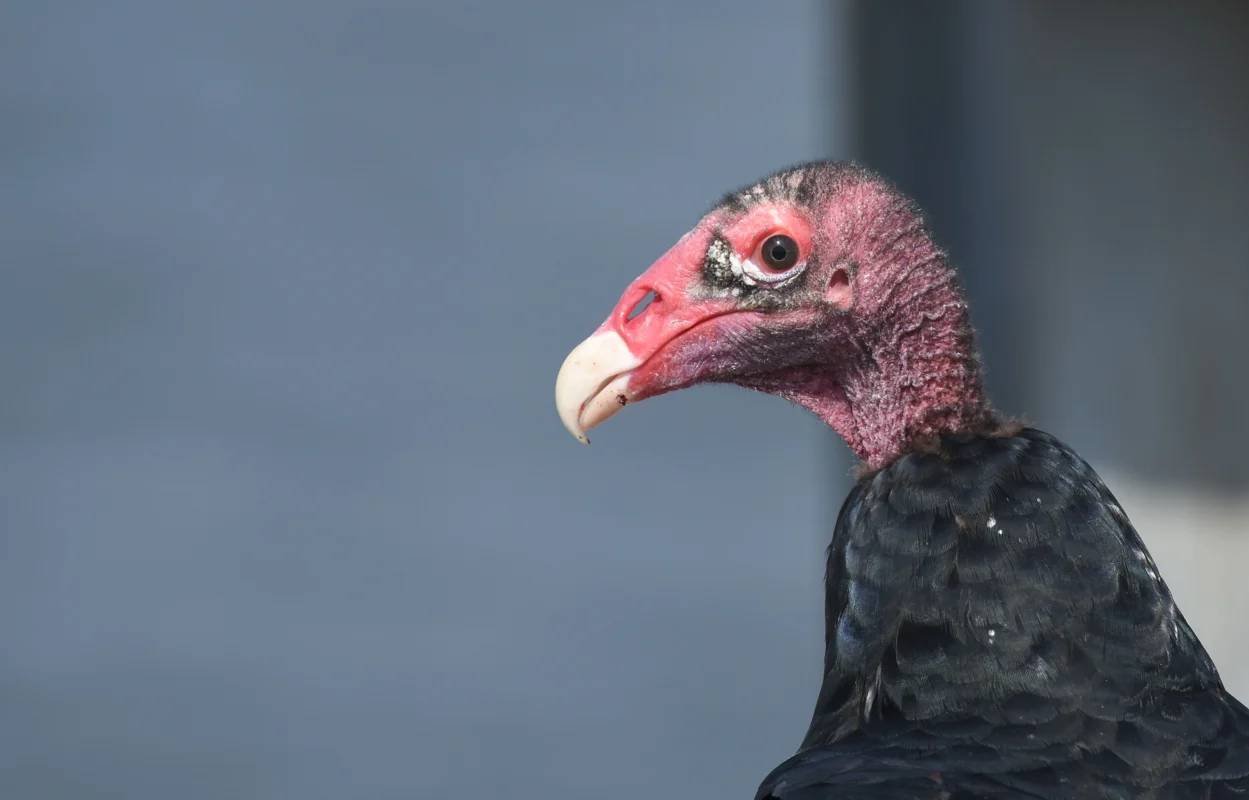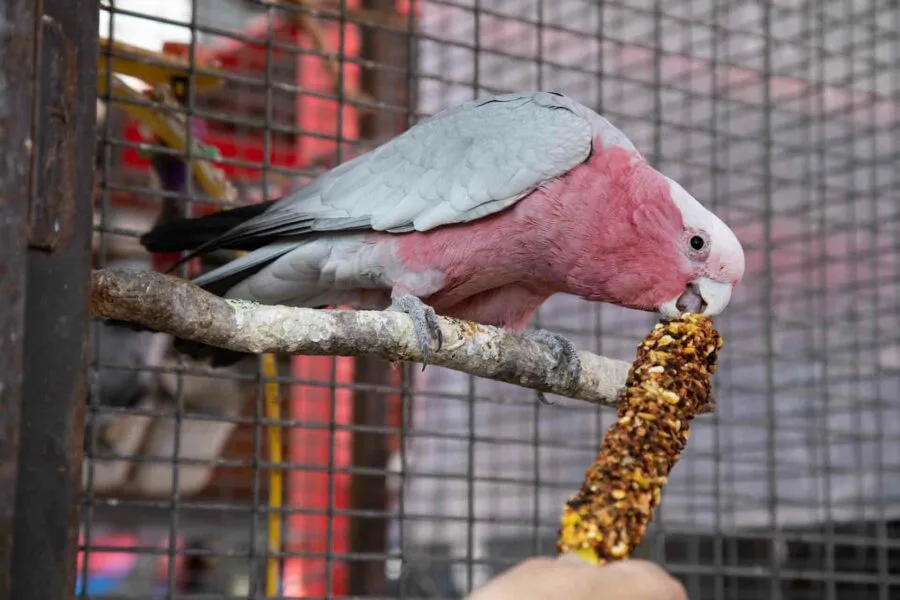Avian Articles, Blogs
Can Birds Smell? Exploring Their Unique Senses
Did you know some birds have a smell organ almost as big as mammals? Many thought birds just used their great vision. But studies show their sense of smell is much more complex. Let’s explore how birds use smell in their daily lives.
Key Takeaways
- Birds possess a more complex sense of smell than commonly believed.
- The olfactory bulb in some birds is comparable in size to that of mammals.
- Bird olfaction plays a crucial role in navigation and foraging.
- Understanding the avian sense of smell can alter perceptions of bird behavior.
- Recent research reveals varying olfactory abilities across different bird species.
The Basics of Bird Olfaction
For a long time, people thought birds didn’t have a good sense of smell. But, the truth is, birds have a strong sense of smell. This helps them find food and navigate their world. So, yes, birds do have a sense of smell, and studies show how well they can smell.
Understanding Avian Smell
Birds use their olfactory bulb to smell things. The size and complexity of this bulb vary among species. Some birds, like pigeons and kiwis, really rely on their sense of smell. They use it to find food and navigate during migration.
The Role of the Olfactory Bulb in Birds
The size and complexity of the olfactory bulb in some birds are impressive. Pigeons and kiwis have a well-developed sense of smell. This shows how important smell is in their lives. Some migratory birds even use their sense of smell to navigate, which is really cool.
| Bird Species | Olfactory Bulb Size | Primary Function of Smell |
|---|---|---|
| Pigeon | Larger | Navigation |
| Kiwi | Larger | Foraging |
| Canary | Smaller | Courtship |
| Vulture | Medium | Scavenging |
Do Birds Smell? Debunking Common Myths
Many think birds mainly use their vision, not their sense of smell. But, recent studies show that some birds have a strong bird sniffing ability. They can smell scents from far away. This shows birds use smell in their daily lives, changing what we thought about their senses.
Challenging the Notion of Birds’ Sense of Smell
Some wonder, do birds have a sense of smell? Yes, they do. Vultures, for example, can find carrion from high up. This proves birds have a strong sense of smell. Different birds use smell in different ways, like the Kiwi, which relies on it to find food.
Comparing Bird Olfaction to Other Animals
It’s interesting to compare how birds smell to mammals. Dogs have the best sense of smell, but birds have their own ways to detect smells. Here’s a table that shows the differences.
| Animal Type | Olfactory Sensitivity | Notable Examples |
|---|---|---|
| Mammals | High | Dogs, Elephants |
| Birds | Moderate to High | Vultures, Kiwis, Pigeons |
We need to rethink the idea that birds only see and don’t smell. The truth is, birds use smell a lot in their lives.
The Importance of Smell in Bird Behavior
Learning how birds use their sense of smell shows us more about their behavior. They use bird olfactory cues to move through their world. These cues help them in many ways, like finding their way during migration or choosing a mate.
How Birds Utilize Scent for Navigation
Many birds use bird aroma perception to make mental maps during migration. These maps are based on smells linked to certain places. This skill is key when landmarks are hard to see, helping them stay on track.
The Role of Smell in Mating and Territory Establishment
In the world of birds, smell is key in finding a mate and setting up territories. Birds give off unique smells that tell others about their health and genetic makeup. These smells help birds pick the best mate. They also use scent to mark their territory, warning others to stay away.
Bird Scent Detection and Food Foraging
Birds use their sense of smell to find food, especially when they can’t see it well. In some places, finding food by smell is key. Different birds have learned to use their smell to get better at finding food.
How Birds Find Food Using Their Sense of Smell
Many birds use their noses to find food from far away. For example, some seabirds can smell fish from miles out. This helps them find schools of fish that are hidden from view. Other birds use smell to find food in dense forests, like fruits or insects.
Utilizing Scents to Identify Food Sources
Birds also use smell to tell if fruits are ripe or seeds are fresh. This makes them better at finding the best food. Some birds can even tell certain plants or foods by their smell. This shows how important smell is for their survival.
Exploring Different Bird Species’ Olfactory Abilities
Avian olfactory diversity shows how different birds have unique senses. Some birds are great at smelling, while others see better. For example, the kiwi uses its sense of smell to move through its special home.
Studies show that different birds have special ways of smelling suited to their lives. Vultures can smell decaying meat from high up, showing how smell helps them survive. These skills show how evolution shapes bird smells.
The following table summarizes the olfactory abilities across several bird species, showcasing their unique adaptations:
| Bird Species | Olfactory Ability | Habitat Adaptation |
|---|---|---|
| Kiwi | Highly developed | Forest undergrowth |
| Vulture | Excellent scent detection | Open plains and mountains |
| Songbirds | Moderate, relies on sight | Diverse environments |
| Pelican | Limited olfactory sense | Coastal regions |
Learning about how different birds use their sense of smell helps us understand them better. As we keep studying, we’ll find more interesting things about how birds smell their way through the world.
Final Thoughts
In this look at avian olfaction, you’ve seen how smell is key for birds. Birds use their sense of smell for important things like finding food, finding their way, and finding a mate. This shows that birds have a more complex sense of smell than we thought, which is crucial for their survival.
Studies from trusted journals show us how birds use scent to connect with their world. By understanding bird smell, we see how complex their behaviors and social lives are. This shows us the rich life of birds in the wild.
Thinking about these discoveries, we see the huge potential for more research on bird smell. Learning about bird senses helps us appreciate these creatures more. It also opens up new areas of study that can teach us more about nature and evolution. With a deeper understanding of bird smell, we can better watch and understand these amazing animals in their natural setting.



